This week I bring you a column on Covid. Because I have contracted it. Again.
My first encounter with the virus that has dominated our existence for over two years was back in early 2020. I got sick the day before we went into lockdown. My first symptom was conjunctivitis, then a headache which went on for weeks, huge fatigue and respiratory problems.
I was acutely unwell for a month, with symptoms continuing for a further three months. I think I caught the virus the previous weekend, when I’d been at two gigs.
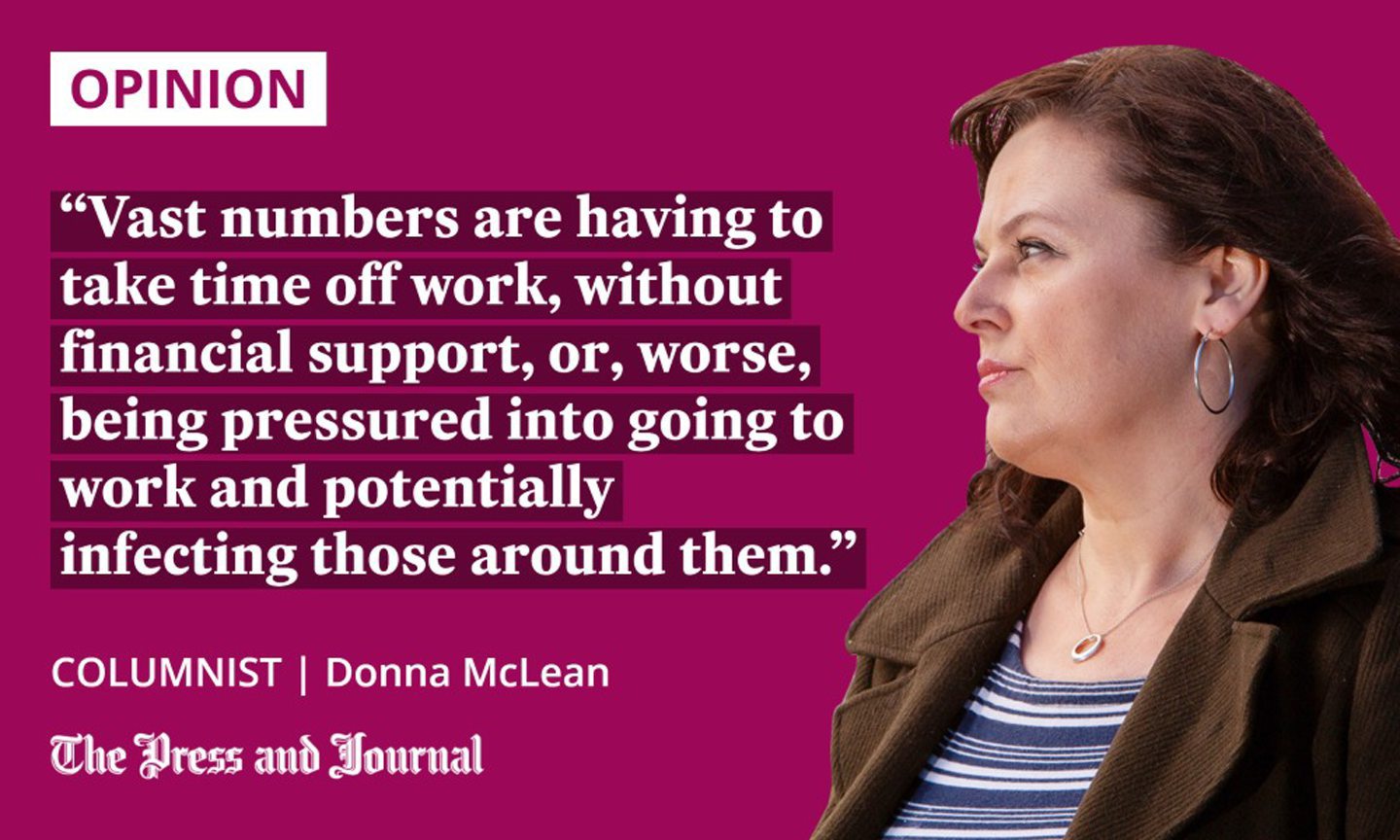
This time, the symptoms are a bit different. The headache is still mainstage, plus I have a painfully stiff neck, sniffles, general aches, nerve pain on one side, and gastrointestinal upset. I hope being fully vaccinated this time around means I’m not ill for nearly as long.
I’m sure I caught it on the plane, travelling to Ireland for a film festival.
For the last year, like many people, I’ve been negotiating how I live and work by employing a sort of dynamic pandemic risk assessment. If I’m due to travel, for work or to see family, I avoid human contact as much as possible. I don’t see people, except where completely necessary. I skirt around town, go to the supermarket at off-peak times.
Single parenting makes being ill even more difficult
The thing I cannot avoid is the kids being at school. Over the last few weeks, they’ve been reporting increasing incidents of Covid amongst their friends. They are both incredibly conscientious and have never stopped wearing masks. As soon as I tested positive, they also took tests and let friends they’ve had contact with know.
One of the biggest challenges of single parenting is figuring out how to manage when you are sick. I’ve been here before, and they are getting older, but not quite old enough to do the cooking or the washing. I don’t often speak highly of the culture of immediate gratification, but thank goodness for same day supermarket deliveries.
The old plague is back again 🙁 pic.twitter.com/uIvhKznqae
— Donna McLean (@Donna__McLean) July 4, 2022
Being a single parent is a continuous juggling act, but when you’re sick there’s a fear that one of the balls will drop and roll away from you. What if one of the kids gets sick halfway through the day and needs to be collected from school? Or has an appointment, but you can’t leave the house?
Covid has not gone away
It’s infuriating to read about “these post-pandemic times”, or see Glastonbury described as a “post-pandemic” festival. This virus ain’t going nowhere. Not yet.
Glastonbury has created a spike in cases, as will the upcoming TRNSMT in Glasgow. So have all the major sporting events over the last two years. We know this. There’s no illusion that it’s over.
In just living with it, without mitigation, a huge section of our society seems to be forgotten about
The Office for National Statistics Covid infection survey estimates there were approximately 288,200 people infected on any given day in the week up to 24 June. So, last week it was estimated that one in every 18 people in Scotland had the virus. This week the estimate is one in 15. The number of hospital patients testing positive for Covid has also risen over recent weeks.
Will cases in Scotland fall in the coming weeks, with less indoor transmission, as schools are now closed for the holidays? Possibly. But, at the same time, two new subvariants, BA.4 and BA.5, appear to be spreading more quickly.
While they are not thought to be more dangerous than previous Covid strains, that doesn’t minimise the risk of reinfection. Vast numbers are having to take time off work, without financial support, or, worse, being pressured into going to work and potentially infecting those around them.
It certainly doesn’t reduce ongoing risks for people who are clinically vulnerable, who’ve effectively been isolating for over two years. In just living with it, without mitigation, this huge section of our society seems to be forgotten about.
I wish it was over, but it’s really not
Some experts are now calling for a revival of mask-wearing in certain settings, and hospitals are reintroducing the policy. I don’t think this goes far enough to protect those most at risk.
Long Covid is a serious concern, with two million people across the UK thought to be affected, equating to one in 10 who’ve had the virus. More than 800,000 report symptoms such as fatigue and breathlessness lasting over a year.
Ondine Sherwood, from campaign group Long Covid SOS, argues that the government seem to be focused on urging the public to get back to normal rather than encouraging simple precautions. She said: “I think most people in this country are very happy to put it behind them and think the pandemic is over.”
Like everyone, I’ve had challenges throughout this pandemic. I wish it was over, but it’s really not. Go safely.
Donna McLean is originally from Ayrshire and is a mum of twins, writer and activist

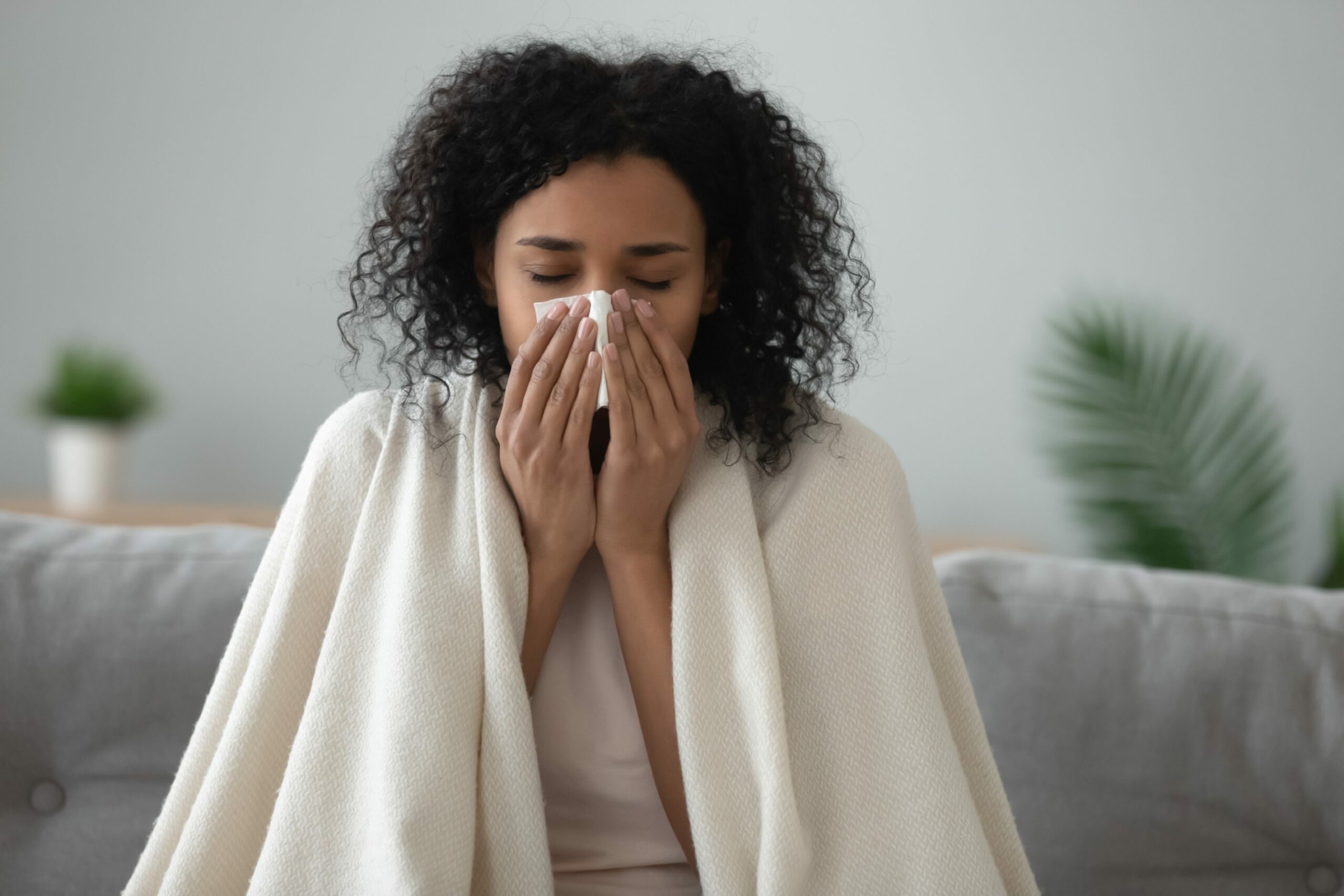
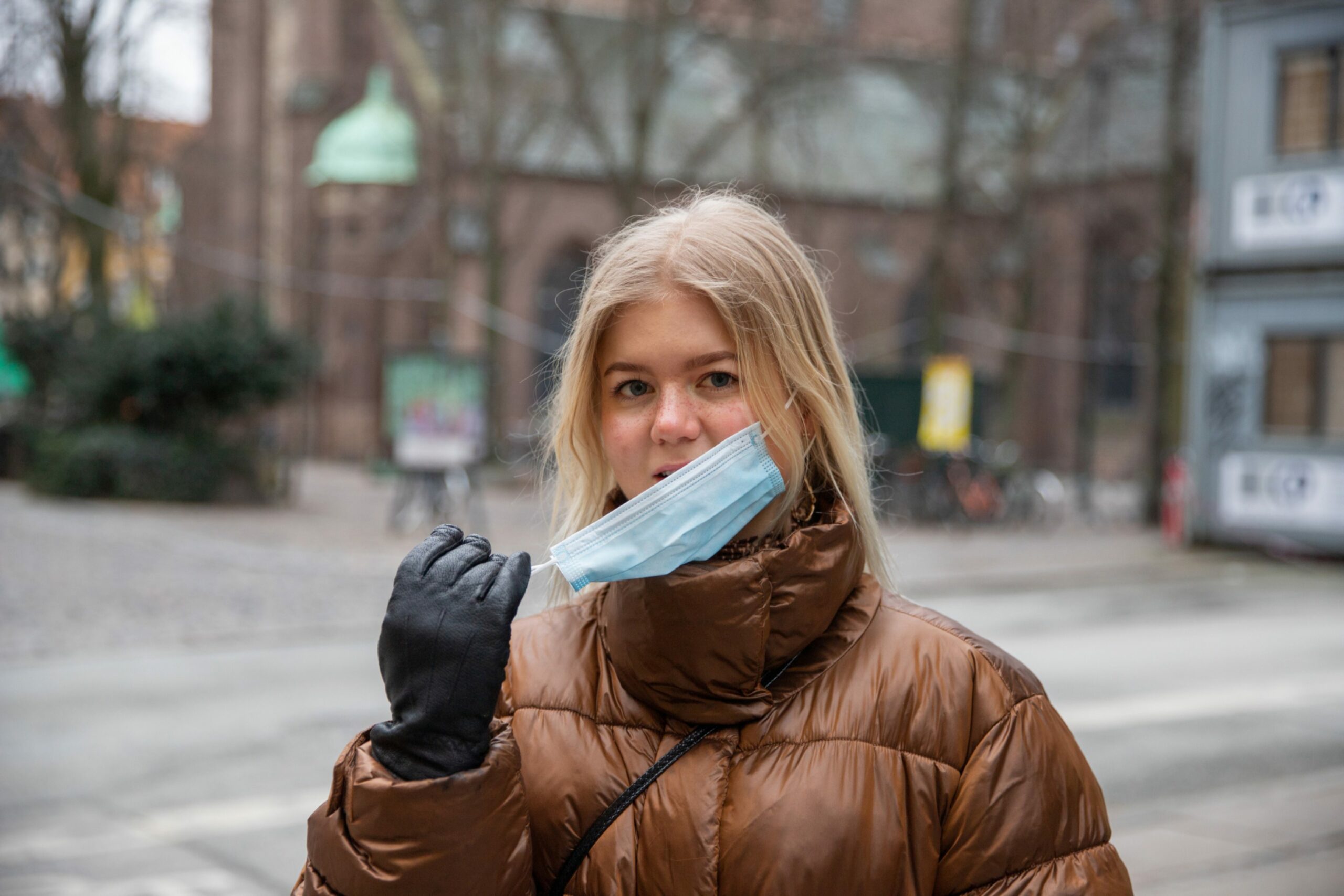


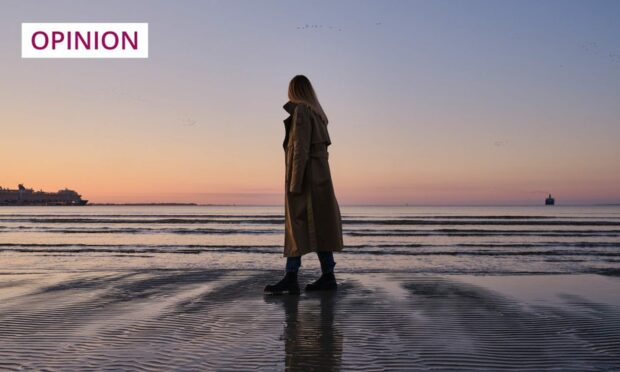

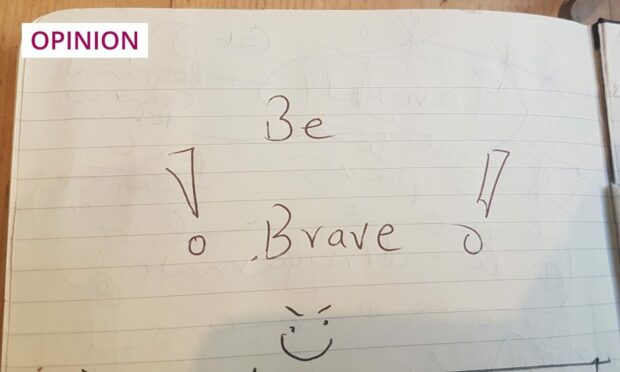
Conversation